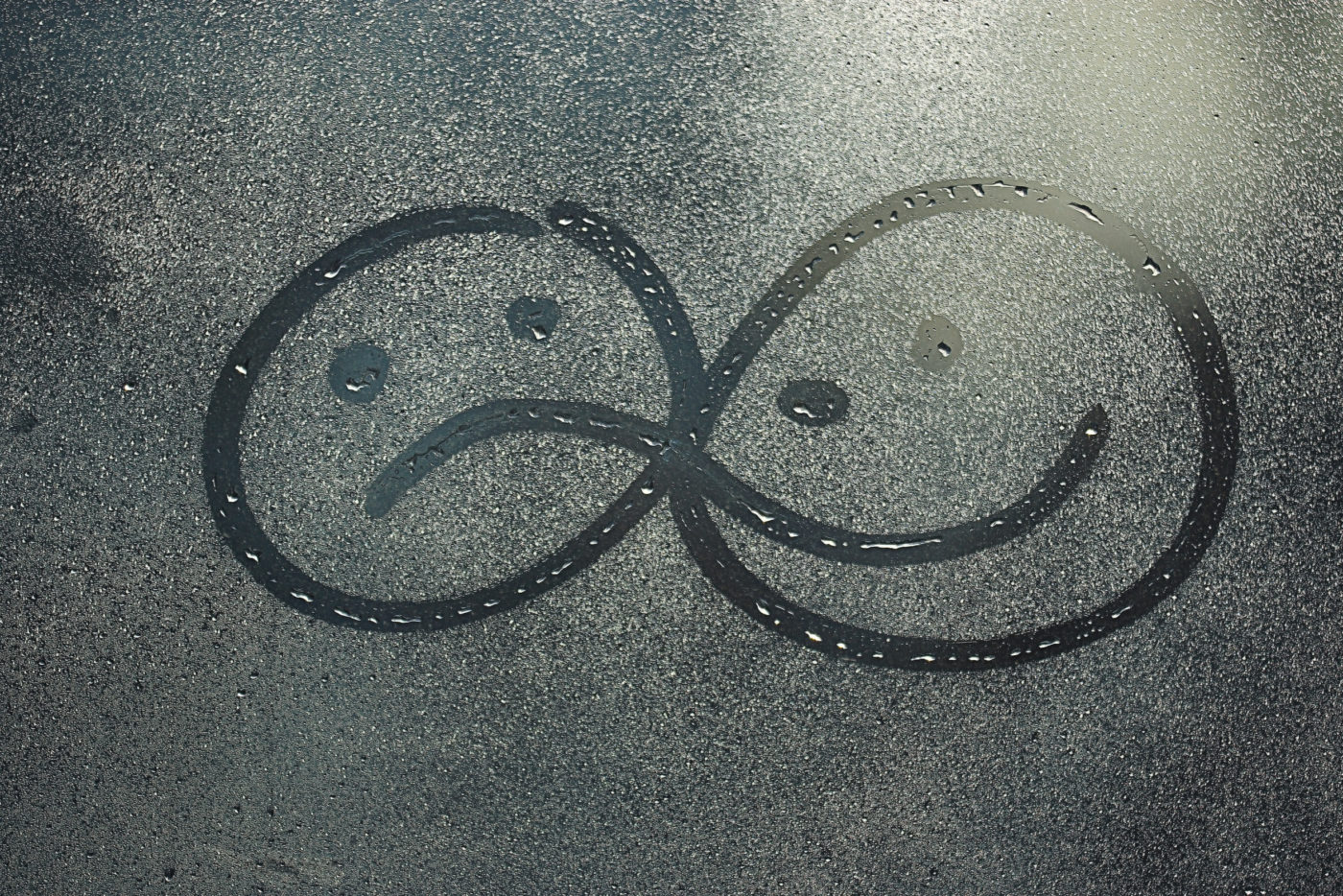
Good Friday Quiz: Score Yourself on a Scale from Jehovah’s Witness to Joel Osteen.
“Good Friday” is a fascinating name for a commemoration of history’s worst injustice.
Just how should we feel on such a day? “Good” suggests happy, but that Friday was anything but. “Friday” references the day on which Satan wielded every cruel tool he possessed in order to mutilate and humiliate history’s most innocent person. It was an awful day. Even watching a movie portrayal of the day’s events from a cushy theater seat will turn stomachs and extract tears.
Yet, as somber as the events of “Good Friday” would suggest, the day isn’t exactly the Christian’s version of the “9th of Av” either. The 9th of Av is the day set aside for Jewish people to remember the destruction of their first temple by the Babylonians and of their second temple by the Romans. It would be ludicrous to label this saddest day of the Jewish calendar as “good” anything. Yet we Christians recall the execution of our God and King as a “good” day.
“Yet we Christians recall the execution of our God and King as a ‘good’ day.”
Thus, the name “Good Friday” probably wins first prize for oxymoron when it comes to the category of holiday. Sure, it’s no surprise why we call it “Good Friday”: it’s the day on which Jesus died for our sins, thus bringing about a good which eclipses even the shocking scope of the tragedy. Still, how should we feel on such a holiday? We feel merry at Christmas, thankful at Thanksgiving—but what at Good Friday? How we should feel is confusing and conflicting.
Perhaps a spectrum will help us plot where we are and where we should be.
From Jehovah’s Witnesses to Joel Osteen
On the one end of the spectrum could be Jehovah’s Witnesses. The anti-Trinitarian Jehovah’s Witnesses deny that Jesus was God and even that Jesus died on a cross (teaching rather that Jesus died on an upright stake). Yet they fixate on Jesus’ death. Rejecting Christmas, Easter, even birthday parties, Jehovah’s Witnesses celebrate only one holiday each year, the “Memorial of Christ’s Death.” For it being their only holiday, the tone of the memorial is surprisingly solemn.
If Jehovah’s Witnesses sit somberly at one end of the spectrum, on the other end is a smiley Joel Osteen, pastor of Houston’s Lakewood Church, a 50,000-member megachurch which prominently displays no crosses in the church décor. Rather than emphasize melancholy doctrines of sin and atonement, Osteen champions a theology of victorious living. His bestselling titles generate grand slam optimism: for example, Empty Out the Negative: Make Room for More Joy, Greater Confidence, and New Levels of Influence and The Power of I Am: Two Words That Will Change Your Life Today.
Where would you score yourself on a scale from somberly fixating on the cross’s solemnity and skipping over to the sunny side where positivity reigns? Where should we score?
Both ends of the spectrum miss the mark.
“Both ends of the spectrum miss the mark.”
On the one hand, joylessly fixating on the cross without celebrating what it accomplished is as thankless as an unopened birthday gift. Yet on the other hand, claiming victory by bypassing the cross which won it is as empty and temporary as a party balloon.
How should we feel on Good Friday?
Here’s how we should feel: like the heavenly audience of Revelation 5. When they learn that the “Lion of the tribe of Judah” has triumphed, they turn to look. There, on the throne, they see that the lion is actually a “Lamb, looking as if it had been slain, standing at the center of the throne” (Rev. 1:6). Here is a lion and a lamb, standing on the throne yet having been slain. It’s a scene of soul-sinking solemnity mingled with heart-soaring victory.
The response to this murdered and majestic lamb and lion is far better than either joyless solemnity or chipper enthusiasm. The response is “thousands upon thousands, and ten thousand times ten thousand” singing, “You are worthy.” The appropriate response to Good Friday isn’t pity for a dead lamb or a pep rally for a celebrity lion. Our right response is worship.
The appropriate response to Good Friday isn’t pity for a dead lamb or a pep rally for a celebrity lion. Our right response is worship.









